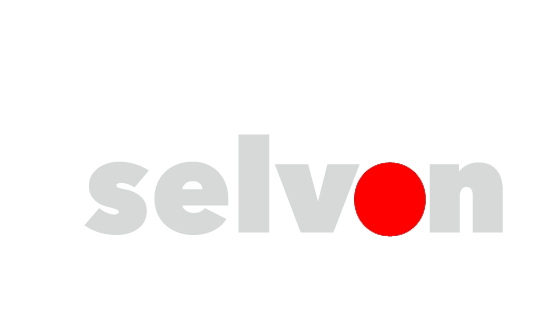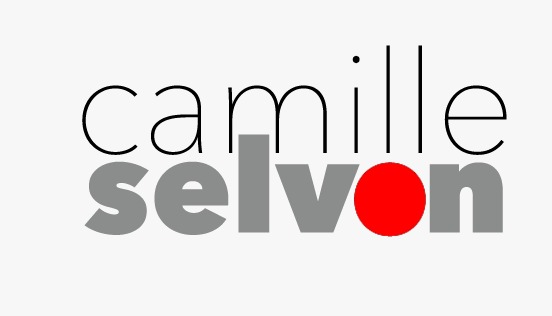15 Sep Writing ‘The OTHER’ into the Script
Joseph Campbells ‘Heroes Journey’ does not apply to me.
It is a romanticization of Greek mythology that has been embedded in the viewer’s psyche and as such is immensely difficult to chip away. As an educator I will try to chip away, simply because we need to diversify the journey to reflect our own and in turn, share its brilliance with the rest of the world. For centuries we listened to yours, if you can stop a moment and listen you will hear the amazing, funny culturally rich stories we have to tell. By the way, I am adding two new character archetypes to the list ‘the activist’ and ‘the martyr.’ Who gave me permission to do that? No-one.
A typical script incorporates the use of the traditional story arc that comprises the obvious structure of beginning, middle and end. Josephs Campbells Heroes Journey pushes us to dig deeper by following Greek mythological processes that include many layers of this journey. In his deconstruction, he describes the many character archetypes that include the Hero, the Villain and so many others. However, I dare to differ slightly to his interpretation as it applies to our own modern-day experiences as post-colonial, diasporic citizens. The Greek experience does not take into consideration the experience of the OTHER and therefore is a romanticization and generalization of the experience of black and brown people.
From the Caribbean or our own ‘diasporic’ experience (I made that word up, who gave me permission… no-one) how can we change the script by applying our own ‘otherness’ experience and mythology into it, especially in animation as this is the time young minds are formed. We all can attest to the impact that ‘Marvels Black Panther’ actual death of its hero, had on children throughout the world, especially young black boys. By looking at the mythical Anansi stories and other folklore tales coming from West Africa and beyond, I will propose how and why African Mythology must be seen as a rich new visual experience and counteraction to the established protocols of the western Hollywood script.
If you want to hear more join me at the University of the West Indies ‘International Literary Conference: The Literature of Trinidad and Tobago: 1980-2020.’
21st to 24th September, 2020. Books as Companions and Passports




